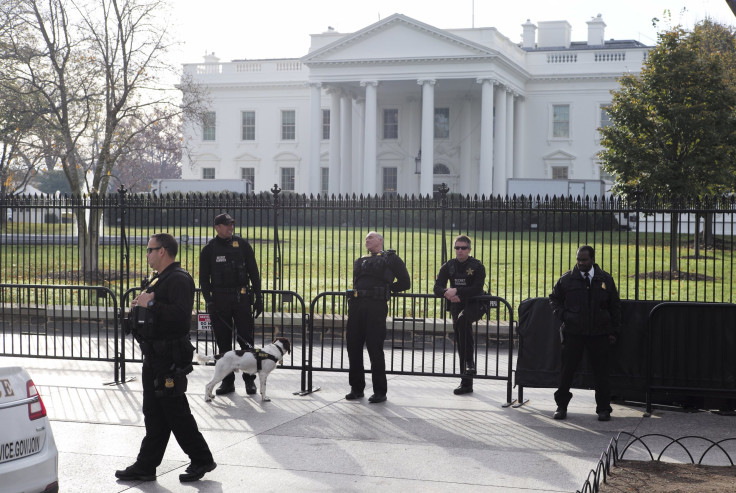Donald Trump Assassination Risk? How Secret Service Deals With Thousands Of ‘Kill Trump’ Tweets

It’s no secret that newly appointed President Donald Trump has the lowest approval ratings compared to any past American president. However, what is not so commonly known is that the Secret Service, which is tasked to keep the president safe, is working to distinguish which of the more than 12,000 tweets using the phrase "assassinate Trump" since his inauguration, is not a joke.
Making threats to the president can land you in prison for up to five years or invite heavy fines. However, not all the tweets that have used the phrase "assassinate Trump" or “kill Trump” will be investigated or prosecuted.
Former U.S. Secret Service special agent Tim Franklin, who is now a criminology and criminal justice professor of counterterrorism and cybercrimes at Arizona State University, explained that certain users who make repeated threats, or use specific language or provide specific details about the president like his location will probably pop up on the Secret Service radar.
"They're not going to beat down the door of everybody who makes a negative Twitter comment… it’s the people who have a true and genuine intent to do harm that the Secret Service is worried about," Franklin told Mashable on Tuesday.
The Secret Service has already made some notable arrests after knocking on the doors of few social media users. For instance, a Kentucky woman who tweeted: "If someone was cruel enough to assassinate MLK, maybe someone will be kind enough to assassinate Trump," is currently being investigated by the Secret Service, according to the Associated Press.
Similarly, an Ohio man who tweeted: "My life goal is to assassinate Trump. Don't care if I serve infinite sentences. That man deserves to decease [sic] existing," on election night was questioned the following day and charged with making threats to the then president-elect, according to NBC News.
The law they may have violated is considered a Class E felony and is defined in the United States Code Title 18, Section 871 as "Threats Against President and Successors to the Presidency," which prohibits knowingly and willfully mailing or otherwise making "any threat to take the life of, to kidnap, or to inflict bodily harm upon the President of the United States."
It is unclear as of now whether those who make threats to the president on social media platforms such as Twitter and Facebook will adequately be able to plead defense under the First Amendment. Until then, if you don’t want the Secret Service to come knocking down your door and handcuff you, as hard as it maybe, you would probably be better off if you just refrain from threatening to kill the president.
© Copyright IBTimes 2025. All rights reserved.






















